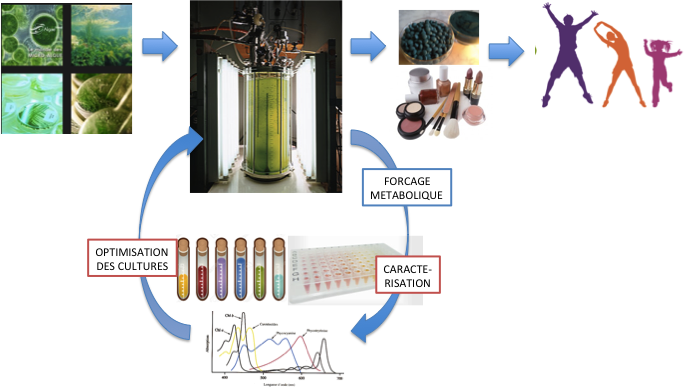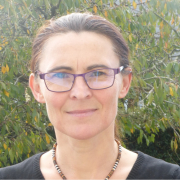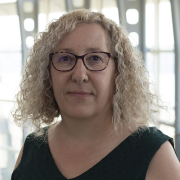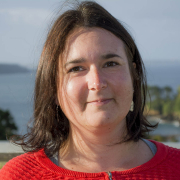Copyright : Laboratoire LEMAR- 2018
Claire Hellio et Fabienne Guérard
National

Start Date
03/04/2025
End Date
03/04/2025
The marine environment is a source of original molecules and compounds that have yet to be explored and exploited. Thus, microalgae, faced with strong intra- and interspecific competition in the natural environment, have developed an original arsenal of defence systems and molecules involved in chemical communication (Quorum Sensing). These molecules play a major role in the control of microbial populations, in antioxidant defences and in the modulation of many enzymatic activities. In addition, microalgae have rapid cell development, allowing biomass production in sufficient quantities for industrial operations (thus freeing them from fishing and collection). They can be grown under controlled conditions, and allow stable and high production yields, as well as the possibility of testing a wide variety of metabolic situations.
During the joint laboratory programme, biodiversity will be screened on an industrialisable scale, using dedicated tools, both in vitro and in vivo. The applications targeted will be the cosmetics and nutraceuticals markets. The identification of new molecules that could be used in new formulations and/or replace chemical preservatives is of major strategic interest, which is also one of the major current public health challenges.
This project is the result of a meeting between an industrial production company of algae biomass (GREENSEA, part of the GREENTECH group) and the Joint Research Unit LEMAR Laboratory (University of Western Brittany) with two high throughput marine biomass screening platforms (BIODIMAR® and Lipidocéan).
The project aims to explore the relationship between controlled conditions for the growth of different strains of microalgae, including under stress conditions, and the diversity of metabolites produced, some of which will have biological activities of interest for cosmetics (in the short term) and/or nutraceuticals.
A large-scale screening strategy will be implemented to isolate and characterize the different families of bioactive compounds of 50 microalgae and their culture media over the project period. The development of eco-friendly extraction processes for active molecules will be favoured. The presence of original molecules will be revealed by the analysis of metabolomic profiles and by biological tests (existing or custom developed) based on the evaluation of antimicrobial activities, inhibition of key enzymes in cosmetics and nutraceuticals, antioxidants and cytotoxicity. Their chemical characterization and identification will be carried out by analytical techniques such as chromatography and capillary electrophoresis, coupled with FTIR, NMR and mass spectrometry techniques.
At the end of the 3-year programme, the outcome of this research will be the development of isolated bioactive compounds through the development of new ranges of products formulated on the basis of molecules of marine origin, which will be marketed by the company GREENSEA.

Scientific and technological locks:
The labcom project between LEMAR and Greensea will remove two key locks:
- Access for Greensea to a high throughput screening of the biological activities of the strain library extracts will allow pre-selection of strains of interest to which a metabolic forcing will be applied that may lead to an overexpression of certain metabolites of interest.
- By benefiting from LEMAR’s scientific expertise on (i) the analysis and chemical characterization of the assets and (ii) the development of more environmentally friendly extraction processes, the company will make a technological leap forward.
At the end of this work, knowledge and understanding of the behaviour of different varieties of microalgae under various stresses will be improved. This will allow GREENSEA to control the production on an industrial scale of microalgae varieties selected for their bio-active potential. These bio-actives will then be considered in an industrial strategy.
Laboratory Members
Contributors
SOCIÉTÉ GREENSEA
- Dr Jean-Paul Cadoret, HDR, Directeur Délégué de la société de Biotechnologie Marine GREENSEA.
- Carole Vialleix, Chef de projet au sein de la société Greensea.













